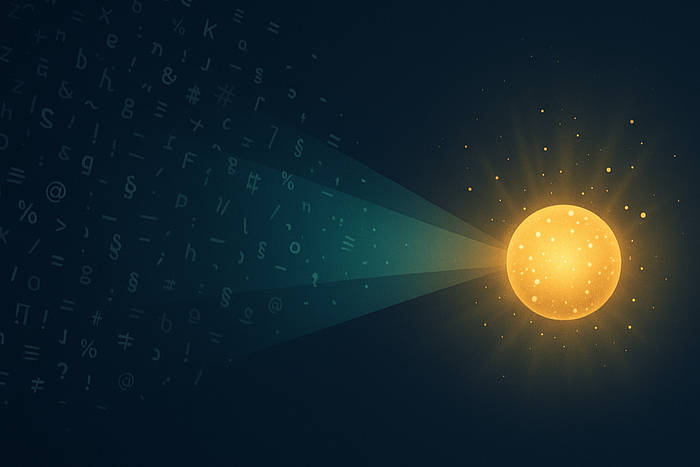Introduction to Sarah Alnegheimish’s Research
Sarah Alnegheimish is a PhD student at MIT, working at the intersection of machine learning and systems engineering. Her goal is to make machine learning systems more accessible, transparent, and trustworthy. Alnegheimish is part of the Data-to-AI group in MIT’s Laboratory for Information and Decision Systems (LIDS), where she focuses on developing Orion, an open-source machine learning framework.
Early Influences and Education
The daughter of a university professor and a teacher educator, Alnegheimish learned from an early age that knowledge was meant to be shared freely. She earned her bachelor’s degree at King Saud University (KSU), where she was part of the first cohort of computer science majors. After graduating, Alnegheimish became a researcher at the King Abdulaziz City for Science and Technology (KACST), Saudi Arabia’s national lab, and began conducting research with Principal Research Scientist Kalyan Veeramachaneni.
Creating Orion
Alnegheimish’s master’s thesis focused on time series anomaly detection, which involves identifying unexpected behaviors or patterns in data. She designed Orion, a framework that uses statistical and machine learning-based models to detect anomalies without supervision in large-scale industrial and operational settings. Orion is open-sourced, allowing users to access the code and understand how the model works.
Key Features of Orion
Orion provides users with a user-friendly interface to analyze signals, compare anomaly detection methods, and investigate anomalies in an end-to-end program. The framework, code, and datasets are all open-sourced, making it accessible to anyone. Alnegheimish emphasizes the importance of transparency, which is achieved through open-source development, allowing users to investigate how the model works and understand the code.
Repurposing Models for Anomaly Detection
In her PhD research, Alnegheimish is exploring innovative ways to do anomaly detection using Orion. She is working with pre-trained models, which saves time and computational costs. However, these models were originally trained for forecasting, not anomaly detection. Alnegheimish is pushing their boundaries through prompt-engineering, without any additional training.
Accessible Design
Alnegheimish talks about the efforts she’s made to make Orion more accessible. She realized that developing systems that make research accessible is crucial. During her graduate studies, she took the approach of developing her models and systems in tandem. The key element to her system development was finding the right abstractions to work with her models. These abstractions provide universal representation for all models with simplified components.
The Value of Simultaneous System and Model Development
The value of building systems and models simultaneously can be seen in Alnegheimish’s work as a mentor. She worked with two master’s students who were able to develop their own models using the abstractions she developed. This reaffirmed that she is taking the right path. Alnegheimish also investigated whether a large language model (LLM) could be used as a mediator between users and a system, making it even more accessible.
Conclusion
Alnegheimish’s ultimate goal is to make AI more accessible to everyone. With Orion, she has made significant progress towards achieving this goal. The framework has reached over 120,000 downloads, and over a thousand users have marked the repository as one of their favorites on Github. Alnegheimish’s work demonstrates the importance of accessibility and transparency in machine learning research.
FAQs
- What is Orion?: Orion is an open-source machine learning framework developed by Sarah Alnegheimish for time series anomaly detection.
- What is time series anomaly detection?: Time series anomaly detection involves identifying unexpected behaviors or patterns in data, which can provide users with crucial information.
- What makes Orion accessible?: Orion is open-sourced, allowing users to access the code and understand how the model works. It also provides a user-friendly interface and uses abstractions that make it easy to develop and use models.
- What is the ultimate goal of Alnegheimish’s research?: Alnegheimish’s ultimate goal is to make AI more accessible to everyone.
- How has Orion been received?: Orion has reached over 120,000 downloads, and over a thousand users have marked the repository as one of their favorites on Github.











